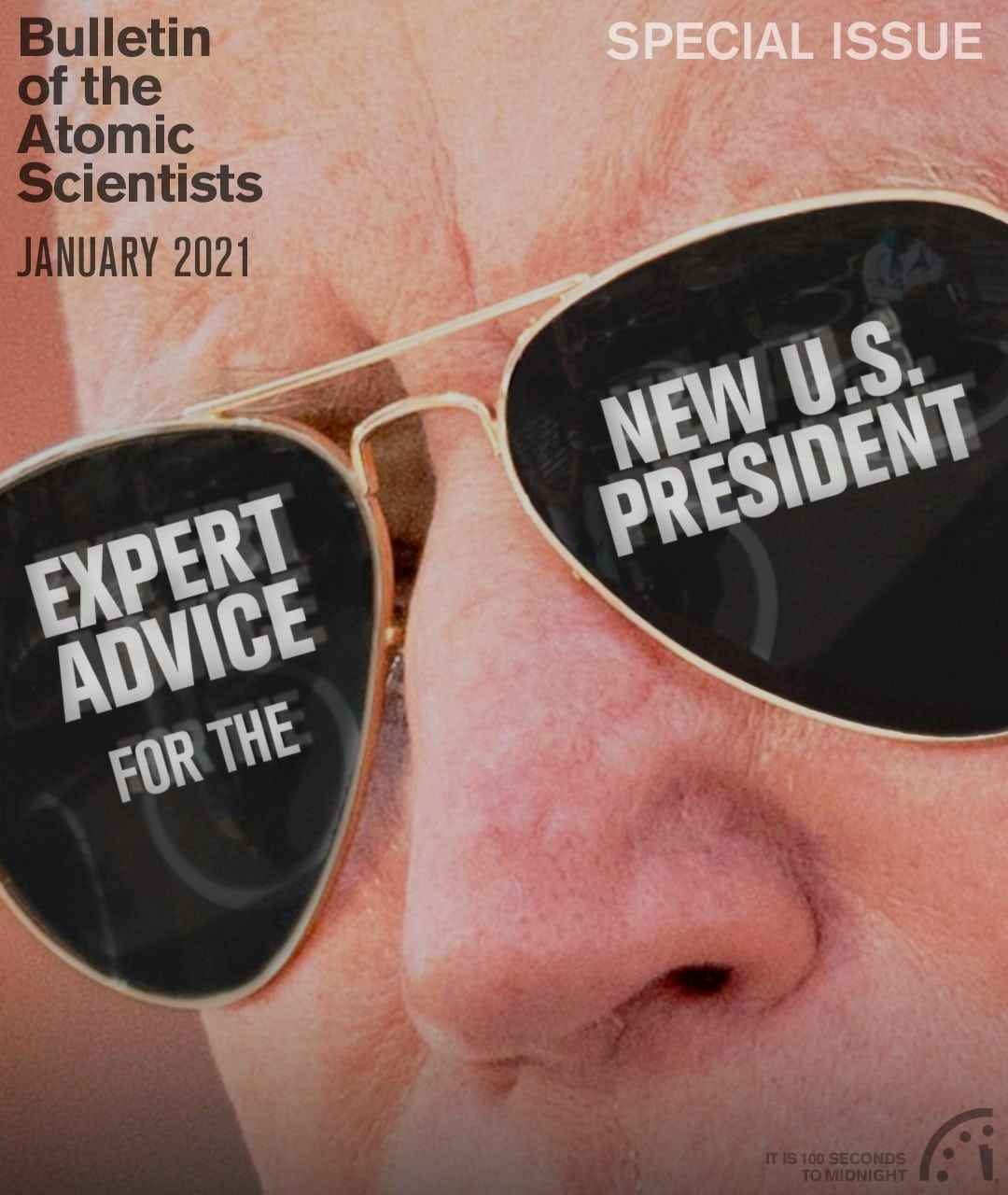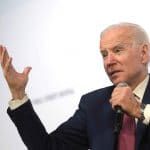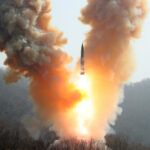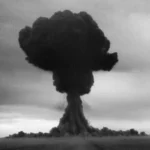Why Biden should abandon the great power competition narrative
By Sharon Squassoni | January 12, 2021
Why Biden should abandon the great power competition narrative
By Sharon Squassoni | January 12, 2021
More than most presidents-elect, Joe Biden must hit the ground running in January to “build back better.” Taming the pandemic and its effects on the US population and economy is just the start; Biden will need to address the many other lasting effects of the Trump presidency, especially when it comes to nuclear weapons. A quick extension of the New START treaty is an obvious and needed step toward a resumption of dialogue with Russia about nuclear weapons. Another important step Team Biden should consider is to jettison the “great power competition” narrative that Trump officials and supporters have popularized.
From a dusty incantation in realist international theory circles, great power competition became a cliché during the Trump administration (Friedman 2019). Appearing in multiple strategy documents, including the 2018 Nuclear Posture Review, the phrase is shorthand for the struggle for dominance among the United States, Russia, and China in economic, political, military, and technological arenas. A key assumption underpinning the cliché: That the competition is zero-sum, meaning that one country’s loss is the other’s gain. Beyond that, great power competition is such an amorphous construct that it has become the defense policy equivalent of Pepe the Frog—a crudely defined and therefore infinitely malleable vessel for a few good but many, many bad aims.
The allure of bumper-sticker foreign policy is clear. Psychologically, it is more comfortable to focus on one or two major, discrete threats than to think comprehensively about global terrorism, climate change, or even viruses like the novel coronavirus. Great power competition feels like the shabby but comfortable slippers of the Cold War, during which the bad guys were obviously bad and very easy to spot. But most analysts—even those with Realpolitik sensibilities—understand that Russia and China are quite different countries, that 21st-century trilateral competition is a different ballgame than the bilateral Cold War, and that one can have a Realpolitik point of view without succumbing to the zero-sum despair of a great power competition that leads to another nuclear arms race.
Can killing a slogan have a lasting impact on nuclear risks, though? Certainly not on its own, but words and perceptions are important when nuclear weapons are involved. Most of the evidence brandished to support the diagnosis that the world has entered an era of great power competition is related to conventional weapons and involves territorial incursions (Chinese construction of military bases on disputed territories in the South China Sea and Russia’s invasion of Crimea). But the United States has also characterized nuclear threats from new weapon systems in China and Russia as ways of restricting US action, and the 2018 Nuclear Posture Review particularly called out Russia’s adoption of an escalate-to-deescalate nuclear weapons doctrine as evidence of a new great power competition. In that document, China’s nuclear weapons were described as “tailored to achieve specific national security objectives,” which suggests a shift from its historical minimal deterrent posture (US Defense Department 2018, 1). Nuclear weapons, in this world view, have been indispensable for deterring wars among the great powers since 1945, which is clearly a shift in the opposite policy direction of the reduced reliance on nuclear weapons that began in the 1980s and lasted through 2016.
A big reason to retire the great power competition paradigm is its utter illogic when it comes to nuclear weapons. There is no winning a nuclear arms race and no winning a nuclear war. The use of any nuclear weapon in conflict is a loss for humanity. In the nuclear weapons realm, stability, not dominance, is the name of the game. In that realm, the United States, Russia, and China have a lot more to gain by cooperation than confrontation, and cooperation is all but impossible within a great power competition paradigm.
Take, for example, the conduct of nuclear arms control during the Trump administration. Arms control is the traditional sphere of cooperation when it comes to nuclear weapons. The United States repeatedly insisted that China be part of any deal to extend New START, even though China is not party to the treaty and has a far smaller nuclear arsenal than Russia or the United States. As Fu Cong, China’s director general for arms control, explained for a global audience in November, “Arms control that aims at increasing one’s own security, at the expense of the security of others, is neither acceptable nor sustainable” (Fu 2020). Fu then directly criticized the US for playing a zero-sum game. Predictably, China was not convinced to engage in arms control that only carried costs and no benefits for it.
President-elect Biden long ago expressed his intention to extend the New START treaty with Russia without conditions, based on the mutual benefits accrued from continued nuclear arms restraint. This is completely independent of how he views competition from Russia and, in particular, Vladimir Putin. The next administration is likely to take a tough line with Putin, whom President-elect Biden has called out for violating international norms and for his “kleptocratic authoritarianism.” As far as China is concerned, Mr. Biden is likely to pursue cooperation on nuclear nonproliferation, strategic stability talks, and hopefully arms control, despite his stated intention to “get tough with China” (Biden 2020). Xi, for his part, congratulated Biden on the election, stating he hoped “to see both sides uphold the spirit of non-conflict, non-confrontation, mutual respect and win-win cooperation, and focus on cooperation while managing and controlling disputes” (Ruwitch 2020).
Joe Biden will enter office as one of the most experienced foreign policy presidents in history. Competition across the board with Russia and China is sure to be high on his foreign policy agenda, but it shouldn’t be marketed as great power competition, nor should it be approached, in either case, as a zero-sum affair. It’s time for different tools and a different mindset.
Together, we make the world safer.
The Bulletin elevates expert voices above the noise. But as an independent nonprofit organization, our operations depend on the support of readers like you. Help us continue to deliver quality journalism that holds leaders accountable. Your support of our work at any level is important. In return, we promise our coverage will be understandable, influential, vigilant, solution-oriented, and fair-minded. Together we can make a difference.
Keywords: China, New START, Russia, arms control, nuclear weapons, presidential advice
Topics: Nuclear Weapons





















